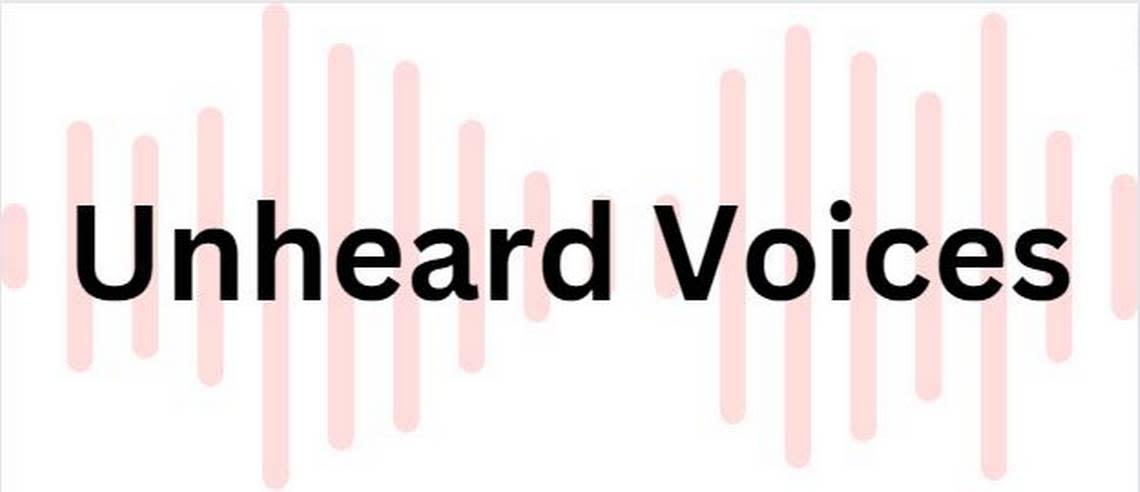Rural Kansas town better for Hispanics than it was, but struggle still continues | Opinion

Editor’s note: This is one in a series of guest columns by Wichita-area residents to tell their stories, in their words, spotlighting barriers that deter full participation in the life of the community. Funding for Unheard Voices has been provided by the American Press Institute through its Civic Discourse and Community Voices Fund.
My name is Blanca Lopez, and I hail from a small town in Guanajuato, Mexico.
I spent my childhood there until the age of 14. In the summer of 2007, my family and I arrived in Coffeyville, Kansas. Originally, it was intended as a brief stop to visit family before heading to our final destination, Indianapolis, Indiana.
However, my father, captivated by the tranquil nature of Coffeyville in comparison to the bustling Indianapolis, made the pivotal decision for our family to settle there.
I commenced my 8th-grade journey at Roosevelt Middle School in August 2007.
The initial year posed significant challenges, with communication being a considerable barrier. Frustration and a sense of powerlessness were my daily companions, as I struggled to connect with classmates, teachers, and school administrators.
It felt like a continuous nightmare, marked by tears and the fear of embarrassing myself whenever I attempted to speak.
Transitioning to Field Kindley High School brought a positive shift. Finding friends with whom I could converse in Spanish made me feel more at ease.
However, a subsequent phase of complacency led to a decline in my commitment to academics. Thoughts of “why try so hard when I can’t even understand the language” became a self-defeating mantra, resulting in failing grades and a lack of enthusiasm for school.
My sophomore year presented an unexpected challenge — I became pregnant at 16.
Facing rejection from my strict Mexican household, I encountered immense struggles. Yet, this hardship fueled my determination to change my circumstances. I recommitted to education, ceased skipping classes, and learned to embraced school.
Despite the challenges, I completed my courses ahead of schedule and graduated in May 2012. My renewed focus on learning the language allowed me to secure a part-time job during my junior year.
Subsequently, I transitioned to roles as a translator, leveraging my language skills to assist others within the Hispanic community.
Experiencing personal growth and life lessons in this journey fueled my passion for helping others, especially the Hispanic community. I immersed myself in volunteer work at hospitals, clinics, city buildings, and police departments, by being there every time a person called me asking for support. I strive to ensure everyone has a voice while accessing local resources.
Over the past decade, I’ve observed significant changes in the Hispanic population in Coffeyville, with the community evolving.
However, resources and entities in the community have yet to fully adapt to meet the changing needs. Many still struggle to comprehend the healthcare and education systems, their rights, and responsibilities.
The lack of language access and cultural understanding contributes to a continued lack of access to local resources and services. Several locations remain unvisited by the Hispanic community, citing feelings of unwelcome and discomfort.
My primary focus is on building a bridge between the Hispanic community and the rest of Coffeyville. Everyone deserves to feel a sense of belonging, fostering harmony for the community as a whole.
Yet, the biggest challenge lies in the lack of support for creating change and fostering inclusivity in the community, preventing everyone from being seen as part of Coffeyville’s diverse tapestry.
In my efforts to drive change and celebrate diversity, I founded a community group of Hispanic volunteers.
Together, we organize the Coffeyville Hispanic Heritage Celebration every September during Hispanic Heritage Month. Our mission is to promote inclusion and belonging, ensuring everyone feels valued in our community.
We’re seeking to build a stronger, more inclusive Coffeyville — a place where diversity is celebrated, and every voice is heard.

